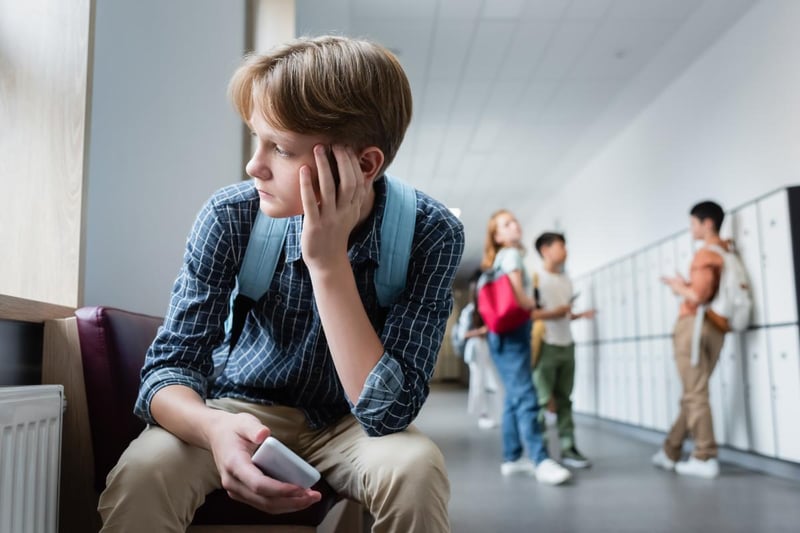Common Signs of Bipolar Symptoms in Teens

Roughly three percent of all teenagers in America are affected by bipolar disorder. Bipolar disorder is a mental illness that causes a person to experience extreme mood swings. These mood swings can include periods of extremely happy or euphoric behavior, followed by periods of deep depression. Both boys and girls can develop the symptoms of bipolar. However, teen girls have a somewhat higher level of risk than teen boys. In all cases, affected adolescents need the help of a
bipolar disorder treatment program that supports their recovery. At Stonewater, we understand the telltale signs of bipolar disorder in teenagers. We also understand how to treat this disorder in teens with additional substance problems. Our customized approach maximizes the odds of recovery. Contact us today at
662.373.2828 to learn how we can help.
What Are the Symptoms of Bipolar in Teens – Episodes of Mania
Mania is the term for a highly excited and elevated mood that increases both mental and physical activity. All bipolar illnesses produce some degree of this heightened mood. In bipolar I disorder, episodes of mania take an extreme form. In bipolar II disorder and cyclothymia, they have a less severe impact. Teens and younger children can have symptoms of bipolar mania that look different than they do in adults. Things you may notice include:- Lengthy, intense periods of joy or happiness
- Racing thoughts
- Difficulty focusing on anything
- Involvement in a high-risk, pleasurable activity
- An absence of fatigue even when your teen doesn't sleep
- Rapid speech and frequent changes in conversation topics
- Extreme irritability
Bipolar Symptoms in Teens – Episodes of Depression
Depressive episodes are the other half of the equation in bipolar illness. These episodes are severe enough for teens with bipolar I disorder to qualify as major depression. The same holds true for bipolar II disorder. The depression associated with cyclothymia is less severe. If your teenager has a bipolar illness, they may be affected by a range of depression symptoms. Specific potential symptoms of bipolar depression include:- Frequent sadness that has no particular cause
- A sense of worthlessness or helplessness
- Eating more or less food than usual
- Frequent headaches or bouts of stomach pain
- Lack of energy
- Loss of interest in activities they usually enjoy
- Problems concentrating or focusing
- Sleeping for more extended amounts of time than usual
- Heightened feelings of hostility, anger, or irritability
- Social withdrawal
- Increased issues communicating with others

.jpg)

